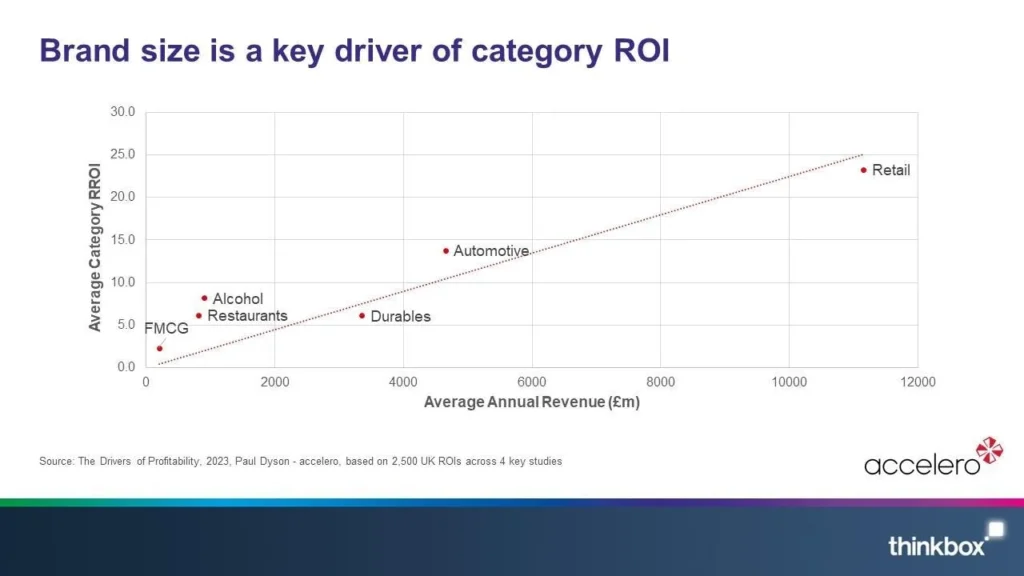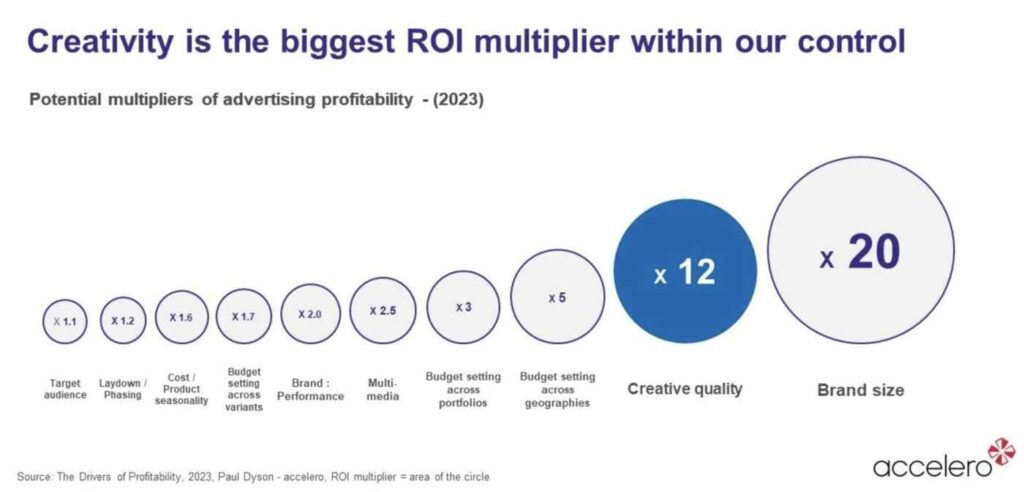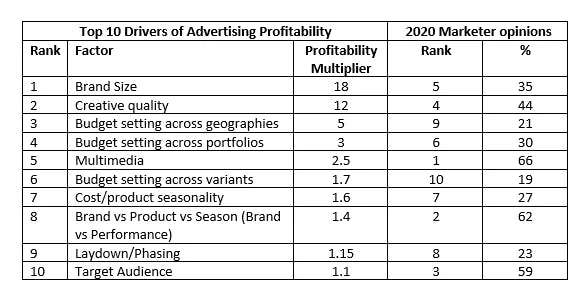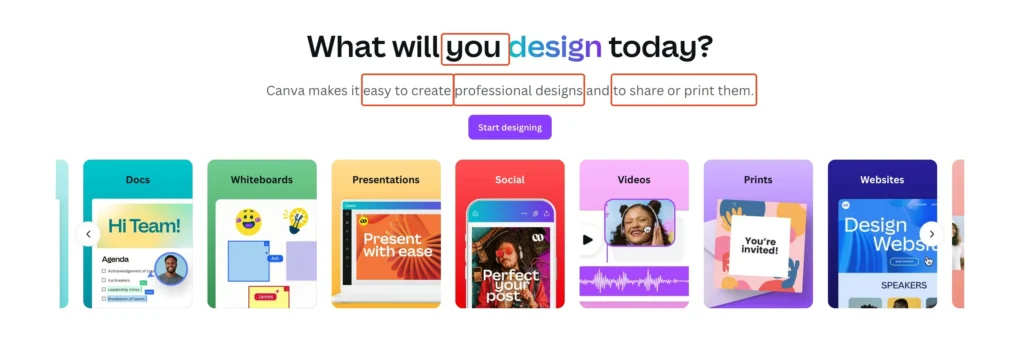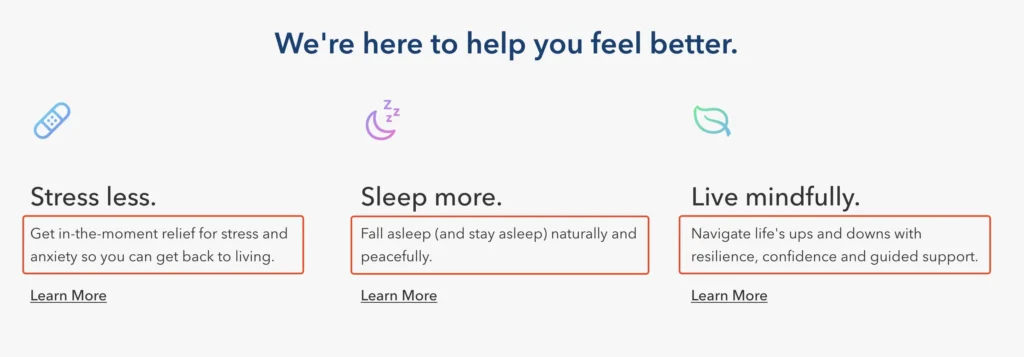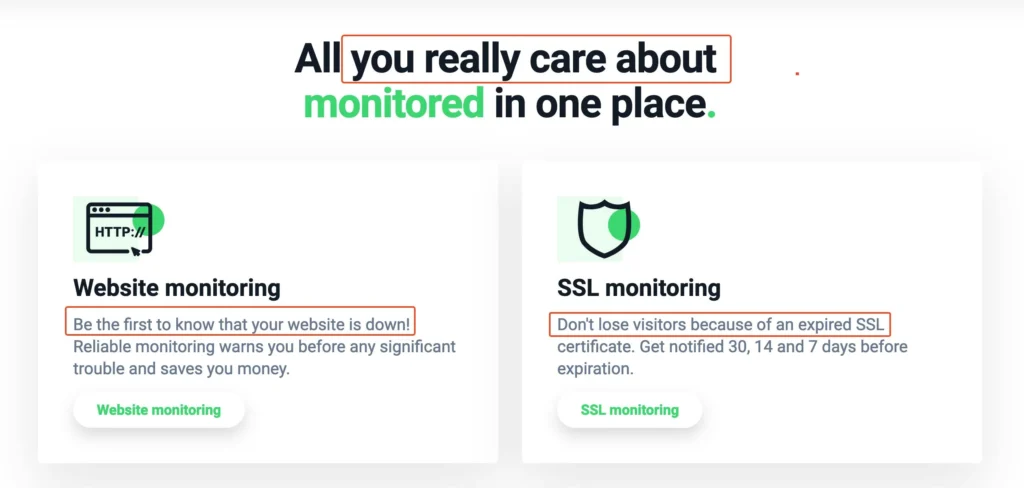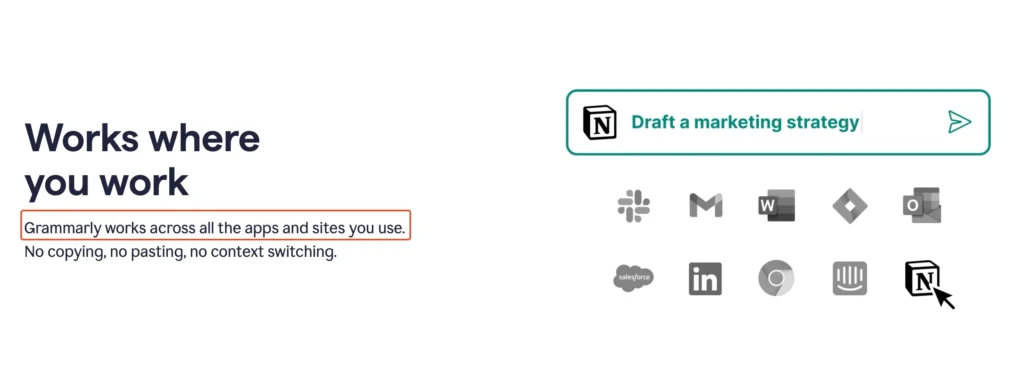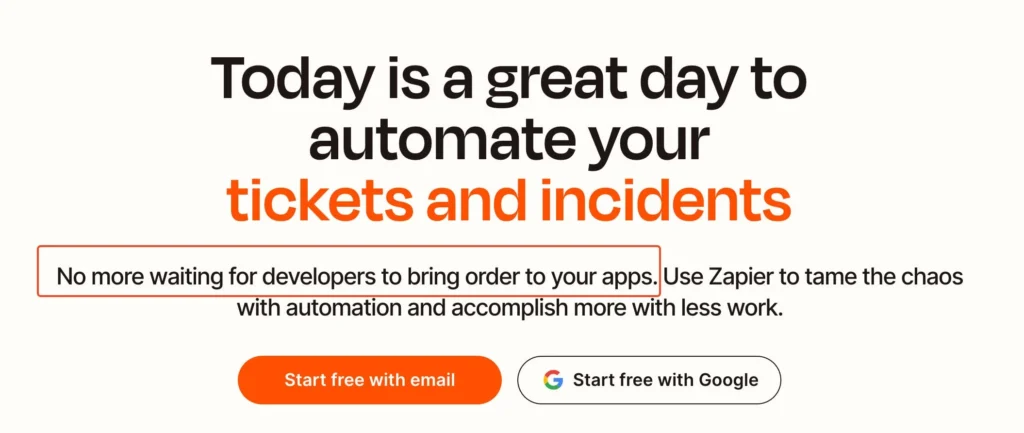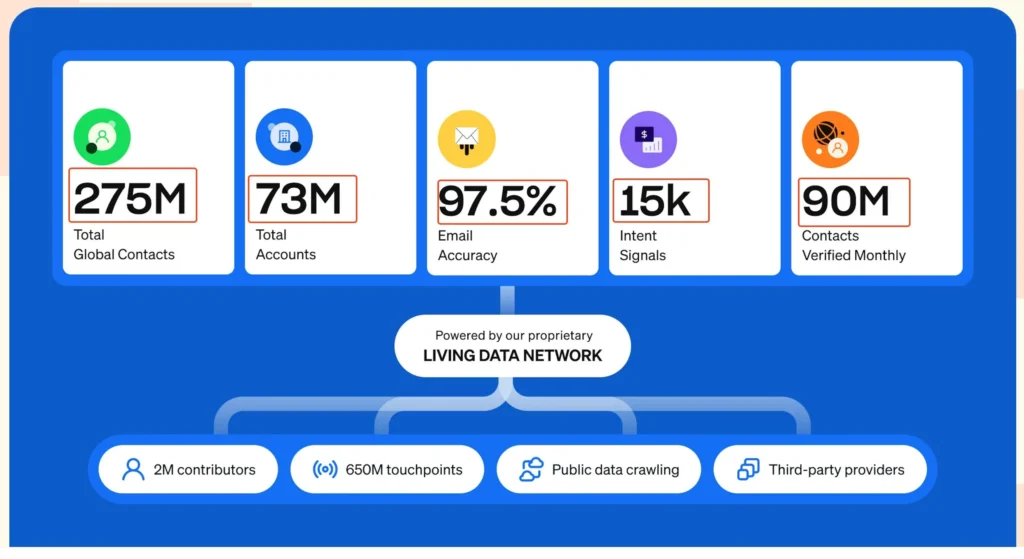OK let’s face it: SEO is at serious risk.
Not only do you have to compete with floods of AI-generated content, but Google itself (and other search engines will follow) now uses AI in search results, further removing the need to visit any website.
According to Adweek, Google’s AI Overviews alone could result in declines ranging from 20-60% of total organic traffic for publishers.
People also use ChatGPT, Gemini, or Perplexity to search for information online, which oftentimes means that they don’t visit a single website in the process.
So, what do you do?
My first advice is to create content that’s deeper than what AI can do.
🧠 Part 1: The « deep content » strategy
Not all content or queries are at risk of being stolen by AI.
We need to differentiate between two types of topics:
- « Shallow » topics are easily answered by AI
- « Deep » topics aren’t easily answered by AI
« Shallow » topics are questions and queries that any LLM-based chatbot can answer. A good example of that is « How do I reset my iPhone? ».
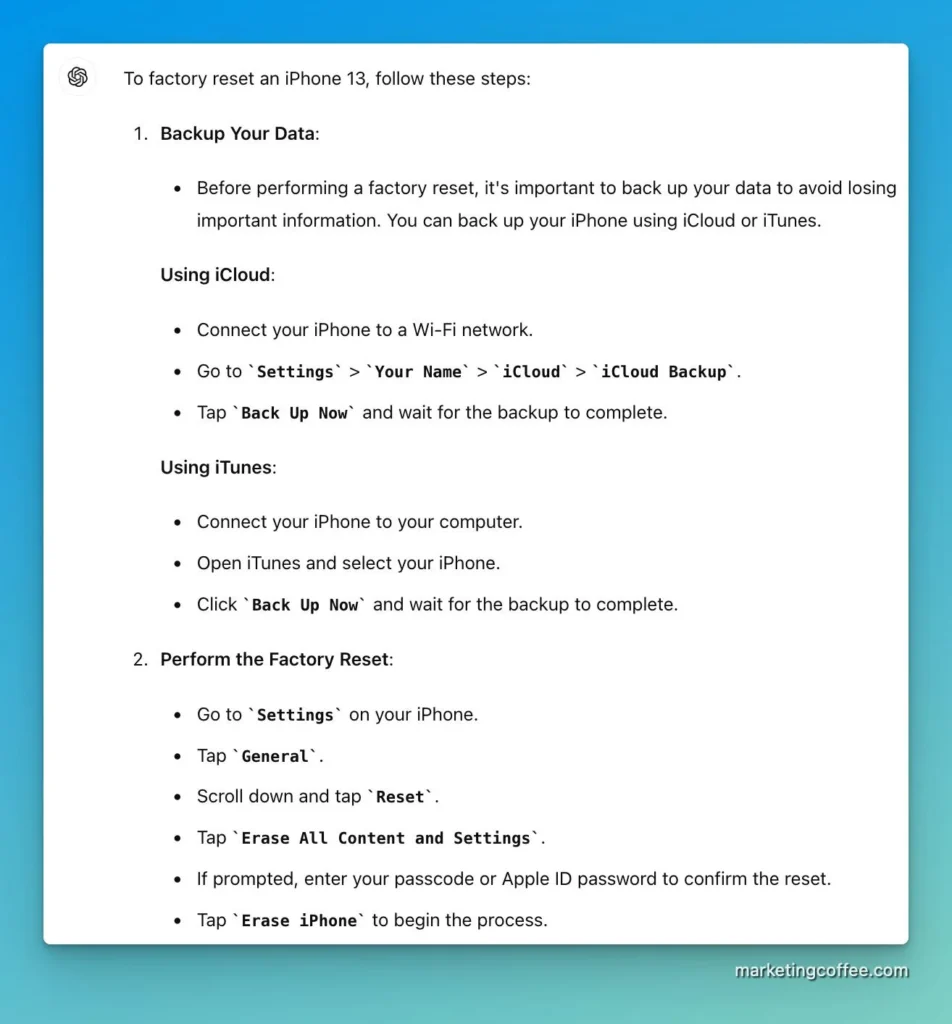
Such topics make it hard for marketers to deliver any value that ChatGPT wouldn’t be able to communicate instantaneously.
That’s the kind of topic and traffic that AI will easily steal away.
« Deep » topics, on the other hand, cannot quickly be answered by AI chatbots.
They require more profound expertise and first-hand experience.
They call for detailed, nuanced answers.
They can’t be summarized in 10 lines.
Here are some examples of « deep topics »:
- Proven customer service strategies in the banking sector
- How to run a video content audit
- Create a self-sufficient garden
These are examples of topics where marketers can really add value.
Such topics can benefit from real-life experience and expert advice.
They don’t have a single, 5-line, pre-determined answer to them.
These are the kinds of topics you should prioritize in your content and SEO roadmap.
Because such topics require higher-quality answers and content, your company is more likely to rank for these keywords and be quoted by AI chatbots and voice assistants, further increasing traffic.
Becoming the industry reference on « deep » topics is one way to futureproof your online presence and traffic.
Let’s move on to strategy number two.
🏘️ Part 2: Grow with community-led content
AI chatbots provide answers based on training data and information available online. They usually rephrase or reuse someone else’s content.
Do you know what AI cannot do (at least, yet)?
Interview people. Gather their thoughts. Collect expert points of view.
Make your content community-driven.
Invite experts, customers, locals… Have them empower your content.
Make them the center of your content strategy and you’ll have one excellent reason why people should visit your website.
Community-powered content cannot be easily replicated.
This type of content relies on tangible social proof.
Look at this example from Shopify.
There are many women looking to start a business as a mom.
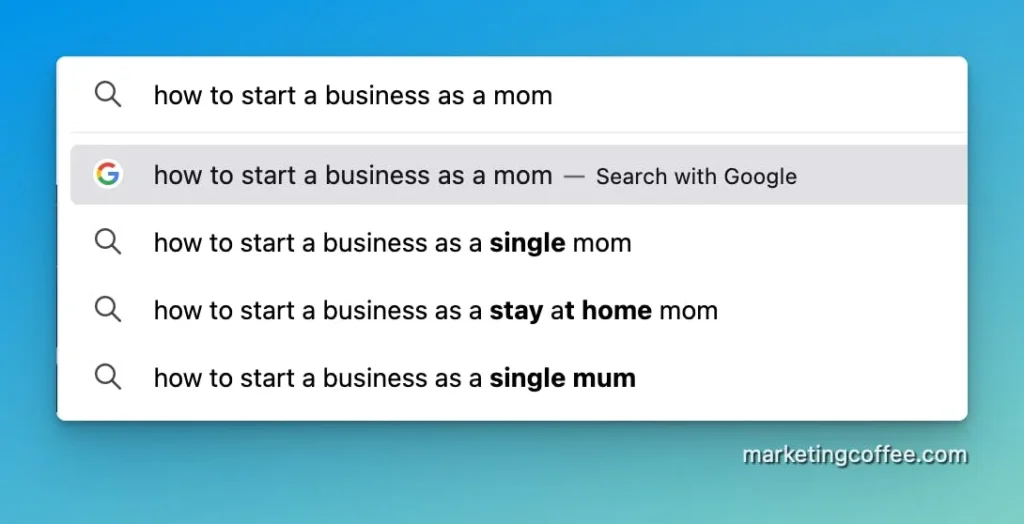
Did Shopify write a generic article to answer that?
No, they relied heavily on their community.
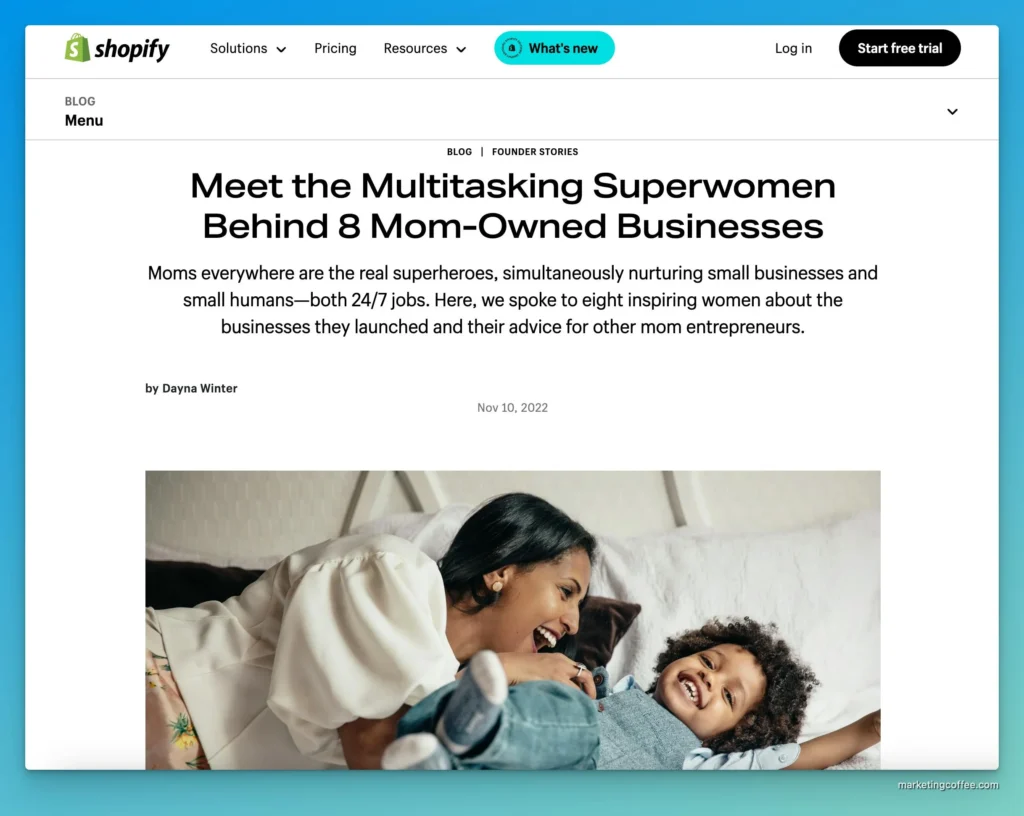
Here are some examples of community-led content:
- (Gardening company)
15 farmers share how to become self-sufficient in a year
- (Sportswear company)
Pro runners’ advice for running your first marathon
- (Beauty company)
Summer 2024: our customers’ best morning routines for a glowing skin
👀 Part 3: Build authority and a following
Search engines prioritize authority.
It’s central to Google’s E-E-A-T guidelines.
Content that integrates expert points of view gets rewarded.
Content produced or written by experts wins search results.
- Health? Doctors.
- Sales? Salesmen.
- Marketing? Marketers.
- Real estate? Agents.
- Entrepreneurship? Entrepreneurs.
It’s not always easy to find « experts » in your field, but you get the idea.
The more credibility and authority your content creators have, the better.
Shopify does this really well with their « founder stories ».
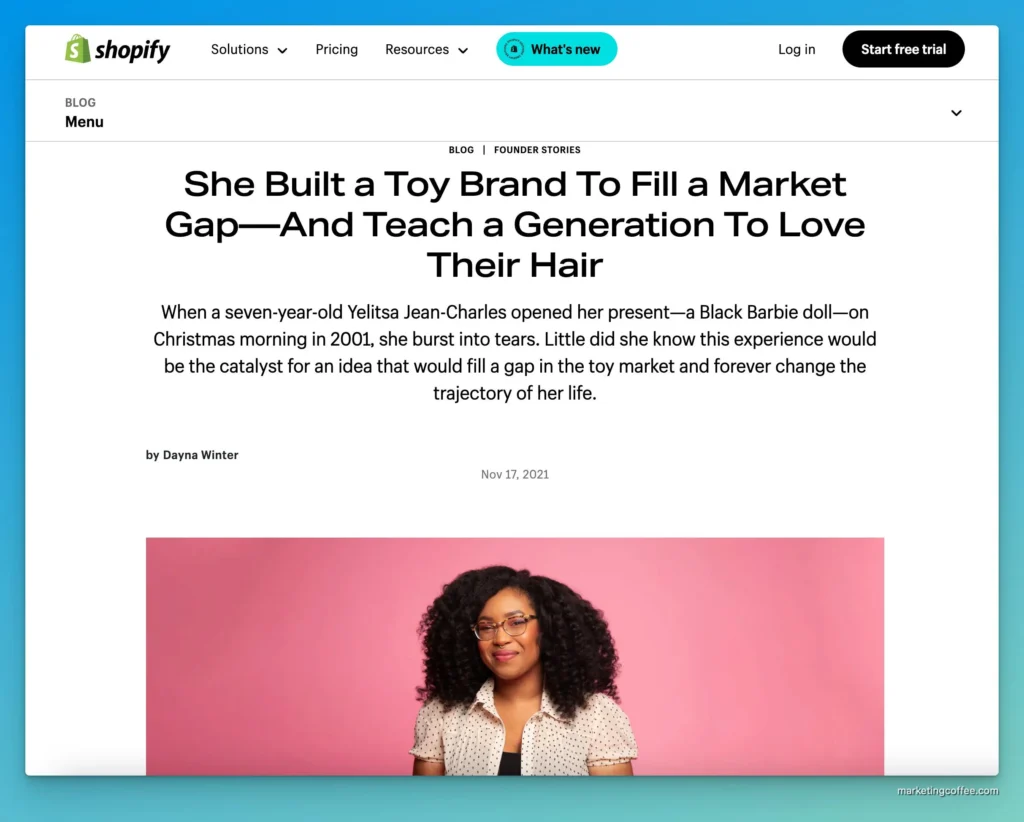
Instead of publishing generic content about how to create a business around toys, Shopify published an actual interview of how this entrepreneur found success in this business.
🎥 Part 4: Don’t play fair, make videos
Did you know that YouTube is the world’s second-largest search engine?
It boasts 2.5 billion logged-in monthly users.
Do you know what ChatGPT and others cannot do?
Answer questions with videos. They can’t. At least for now.
AI chatbots beat you on written content? Create video content.
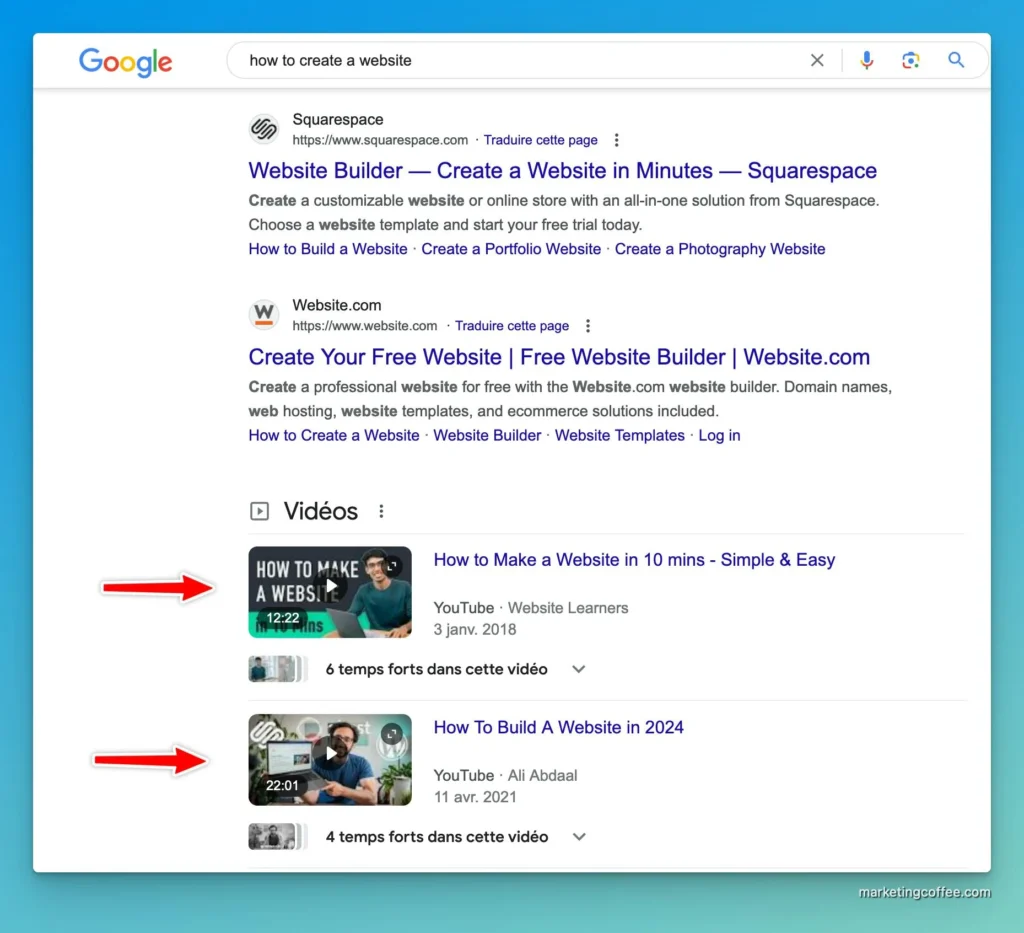
Video content is hard to imitate. It’s a great way to distinguish yourself from what other companies and AI chatbots do.
Videos also perform well on Google’s search results. They create a deeper connection with your audience.
Video marketing is a solid strategy to fight AI on search results.
That’s it for today. If you found this interesting, consider subscribing to the newsletter.
Join 250+ marketers learning growth marketing with practical tactics and proven tools.
It’s free – and marketers receive 1 growth tactic, 1 tool & 1 news recap every week.



